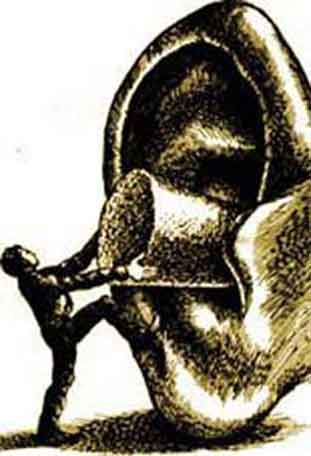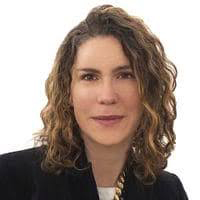
The political upheaval is generally chalked up to those other changes. But as I noted in my previous column, they may all be symptoms of one mega-change: the dramatic alteration in communication technology. The internet revolution has turbocharged formerly leisurely processes of economic and social change, while allowing insurgent political movements to bypass the gatekeepers of the old system.
There's no telling how long it will take for the system to work itself back to some sort of equilibrium, or what the new normal will look like. But the broad outlines of an interim politics are starting to emerge.
Start with where things stand now: Throughout the developed world, left-wing parties are struggling as their old working-class voters defect, not to other left-wing parties, but to right-wing upstarts that are less economically conservative than the establishment right yet far more conservative on questions of territorial and cultural integrity.
The left has made up some of those losses with increasingly numerous (or at least group-identified) ethnic and sexual minorities, and educated center-right voters disgusted by the new populism. That is a clue to where politics are heading: away from the 20th-century orientation around economic class and toward a 21st-century focus on identity.
Just as the 15th-century invention of the printing press reoriented European politics toward religion in a way that was previously unimaginable, the internet seems to have smashed not merely the old institutions but the very idea -- inherited from Karl Marx -- that economic interests were the fundamental question of politics. In its place, we may get the Hundred Years' Culture War.
This is, of course, a simplification: Identity politics has been an important strand of American politics for as long as there has been an America to have politics, much as it has been elsewhere.
But during the 20th century, discussion about identity tended to focus on access to economic resources: schools, social programs and discrimination in hiring. These days, economic policies are often explicitly framed in terms of their benefits to this or that identity group.
Yet, political commentary is too often wedded to the old frame, trying to detect some underlying economic process at work. Thus, in the debate about issues such as immigration, we hear about the "economic immiseration" of the white working class.
Why not just listen to what the politicians and their voters are saying? The record turnout of American voters in November's midterm elections can't be explained by recourse to any economic indicator. But the election can easily be explained as a Marxist class conflict -- only it occurred between classes no longer organized around their place in the industrial production system.
Instead, the dividing line appears to lie between the rooted and the mobile. On one side, migrants, and in some cases local ethnic minorities, ally with an educated professional elite that is, thanks to the internet, looking increasingly like a single transnational community -- with its own distinct set of cultural values and its own broad class interest. For these people, understandably, cultural openness is the paramount value, except, of course, openness to values and ideas that might constrain mobility or cultural change.
On the other side are people whose personal lives and fortunes are both rooted in a particular community and its singular way of life: the ethnic-majority rural and industrial workers, the orthodox religious minorities. For these people, understandably, change and openness aren't happy words, because those qualities will often erode their most important asset.
Exploring the ramifications of a political realignment around mobility rather than economics would require more than the space of one column. But here are a couple of observations:
A politics of mobility is likely to be in many ways more intractable than a politics of economics, because it is going to tap into deep-seated tribal instincts in a way that, say, national health care does not. And while nearly everything else seems to have globalized, politics have remained largely organized around particular places, so when it comes to winning elections, the rooted will have an edge over the mobile. Even where they don't have a numerical majority, the rooted will be able to make the mobile uneasy for years to come.
Every weekday JewishWorldReview.com publishes what many in the media and Washington consider "must-reading". Sign up for the daily JWR update. It's free. Just click here.
(COMMENT, BELOW)
Megan McArdle is a Washington Post columnist who writes on economics, business and public policy. She is the author of "The Up Side of Down." McArdle previously wrote for Newsweek-the Daily Beast, Bloomberg View,the Atlantic and the Economist.


 Contact The Editor
Contact The Editor
 Articles By This Author
Articles By This Author